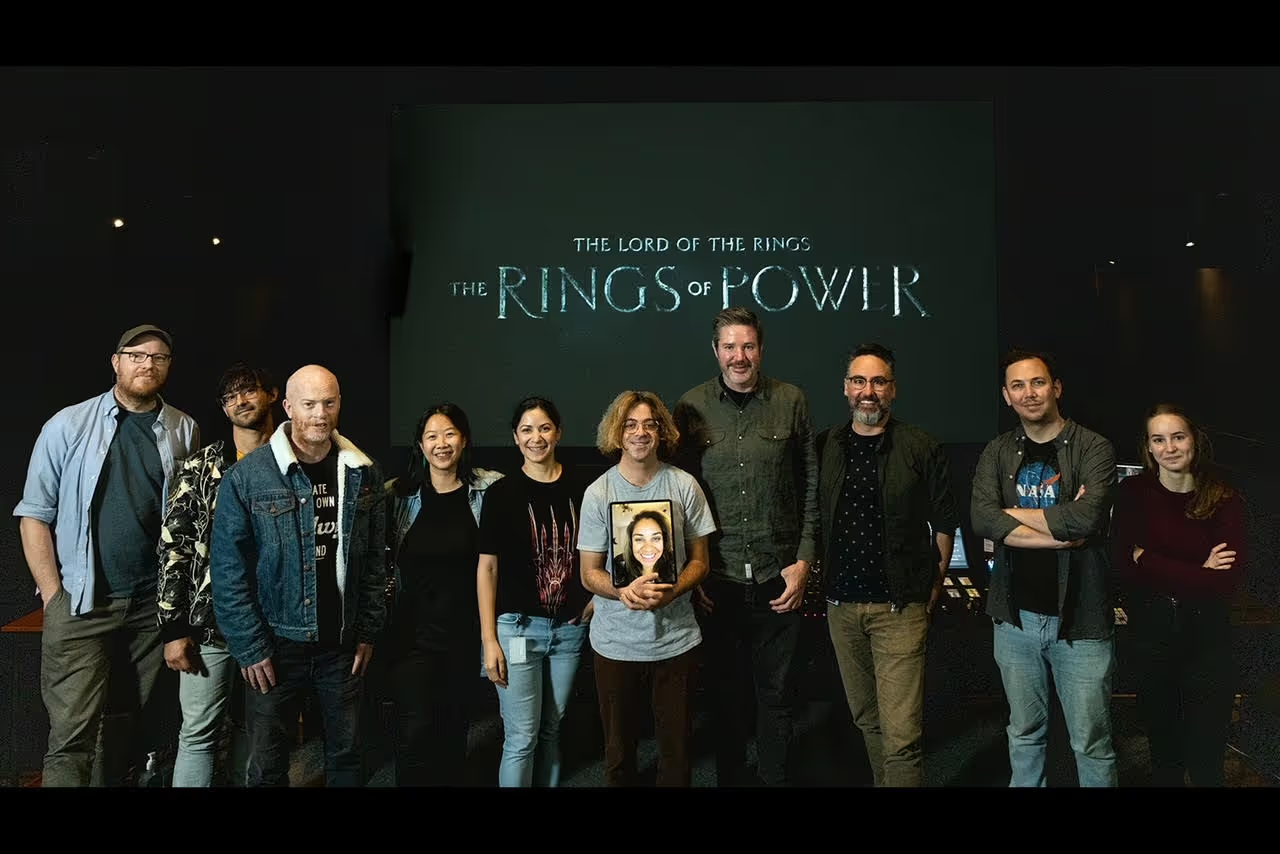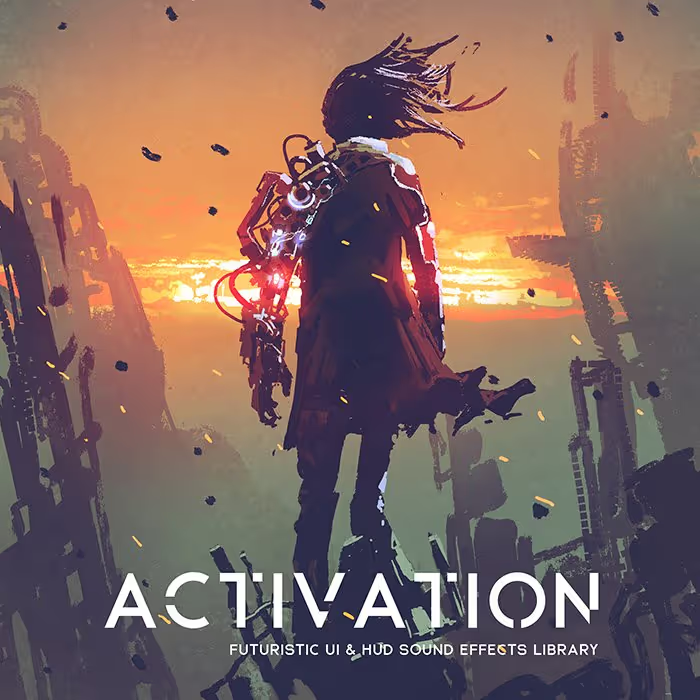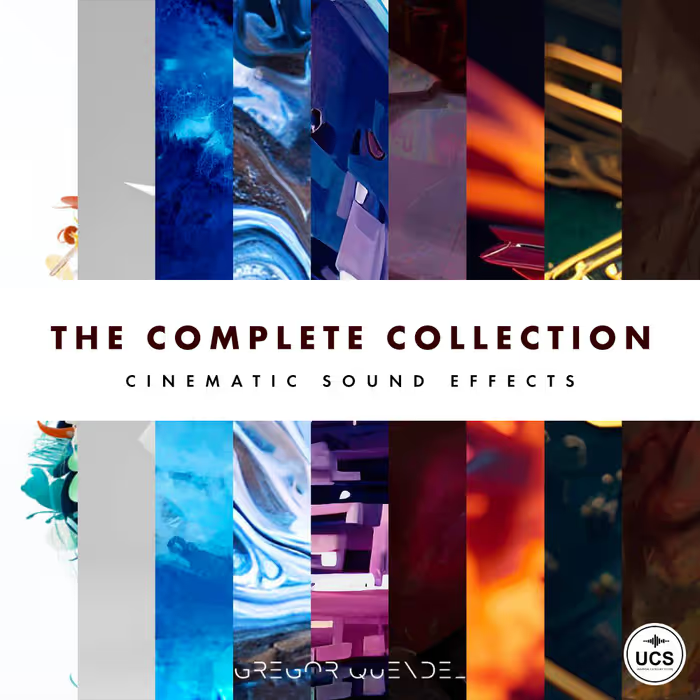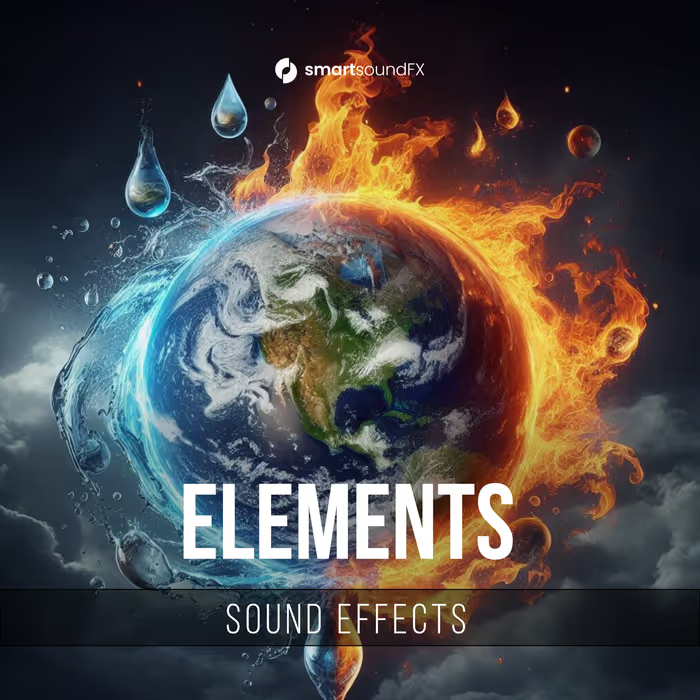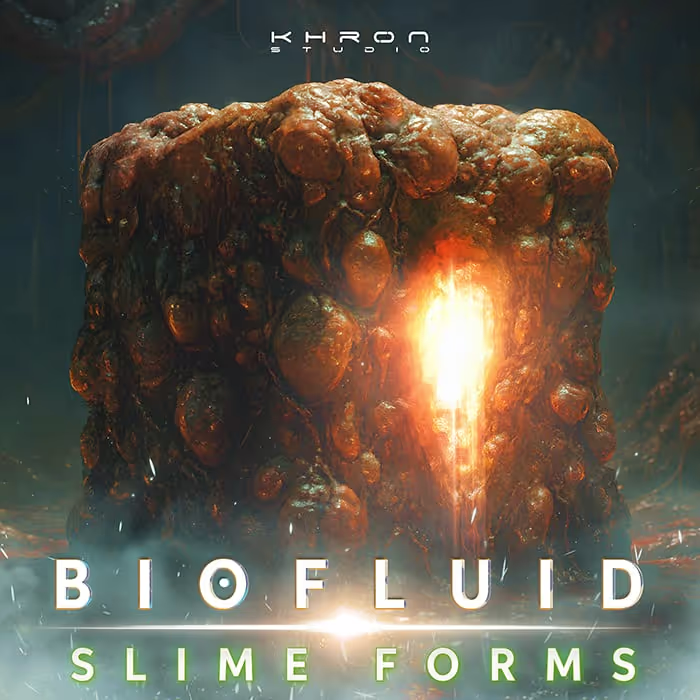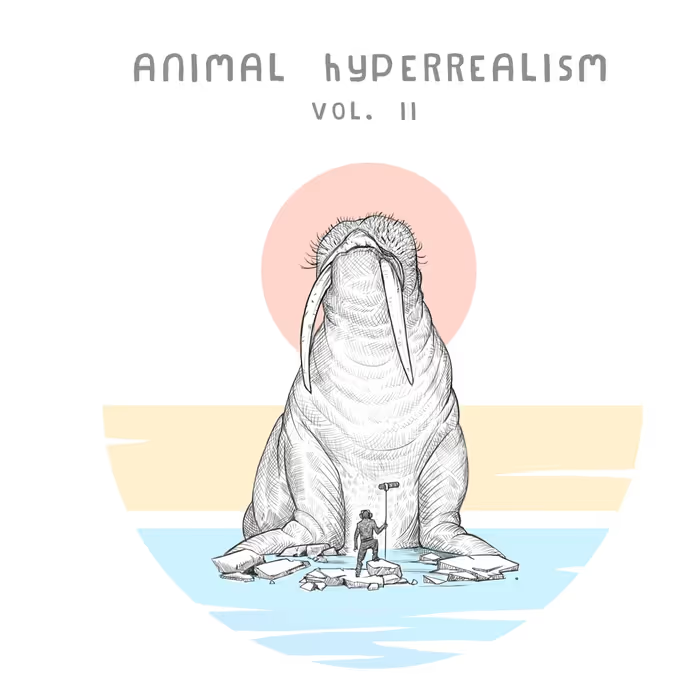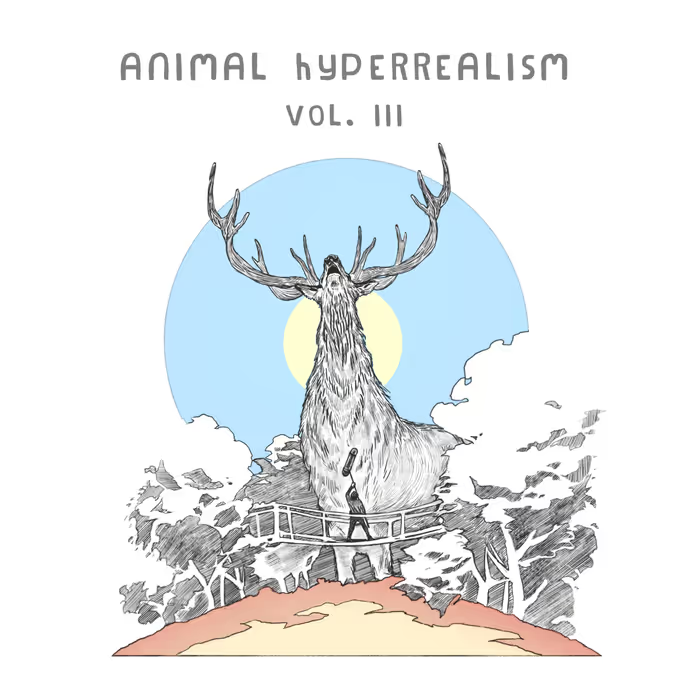DDB = Damian Del Borrello
DS = Doug Siebum
DS: Hi Damian, can you tell me about your background and how you got started in film sound?
DDB: Yes. My journey started with doing music in school; playing in bands, being in the high school productions, etc. That started the creative journey. I ended up going to film school. I did a graduate course and started working in traditional TV in Perth, Western Australia, which is where I was born. Then I started working on short films and TV dramas. I sort of just slowly progressed along the way, not saying no to any job. I worked in dialogue, Foley, sound effects, music mixing, and short film final mixing. The whole gamut of what we do. That wide breadth of experience put me in good stead to be a supervisor, as it gave me a good understanding of all those roles and allowed me to help my team and the individual members do their job as best they can. I can support them in the way any team leader needs to.
My career has just followed the opportunities as they arrive.
DS: So you’re originally from Perth, Australia. How did you make your way to Wellington and Auckland, NZ?
DDB: I was working in Sydney at that stage and was just along the grapevine, as is the case with most opportunities. I heard that a company in Auckland needed someone to record Foley for a show called Sparticus. That was about 12 years ago. I got the gig, flew over to Auckland, and started working in New Zealand. I thought, “there’s something really cool going on here.” A couple of years later, I decided to move to Auckland. Then while I was in Auckland, I got a call from Park Road Post, which was on my bucket list of places to work. So, I made the move down to Wellington. I’ve just moved back to Auckland, because we have a new post production facility here that I co-founded called Pinnacle Post.
I was in Wellington for about 7 years, working at Park Road and also as a freelancer, doing my shows. I did Rings of Power while I was in Wellington. We final mixed in Auckland. For the majority of the time, we were all remote. It was at the height of COVID, so the entire crew was remote. My career has just followed the opportunities as they arrive.
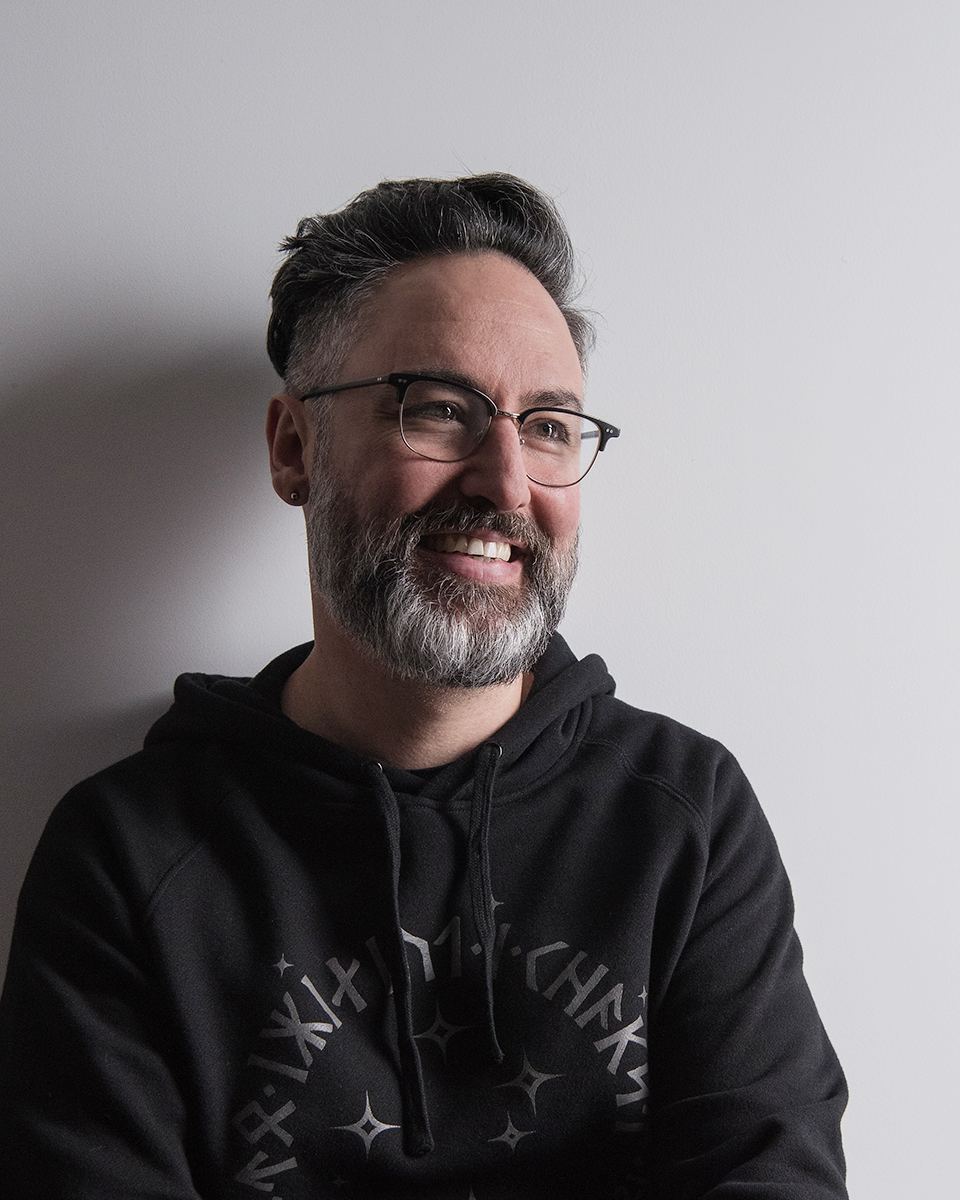
DS: Being in New Zealand, how do you go about getting Hollywood shows?
DDB: New Zealand is a very popular place to shoot because of the tax rebate. Similar to other non-US companies such as Australia, Canada, and the UK, there’s an incentive for movies to come to New Zealand. There’s a rebate for shooting and a rebate for post production. Whenever an international production comes to the country, everyone hears about it. We have been fortunate enough to work on three major productions in a row now. Of the four international productions that have done post production in New Zealand in the last three or four years, we’ve done three of them:The Lord of the Rings: The Rings of Power, Our Flag Means Death, and another series called Time Bandits from Taika Waititi, which we’re working on now.
DS: Was there a point in your career where you really felt like you had reached the big leagues?
DDB: Still waiting for that moment. I guess there’s the inner monologue that says “at a point, I have the skills to do any job.” That’s a personal thing, and I’d like to think that I’ve been there for a while. Then there’s the industry recognition that comes with award nominations and stuff like that and then it’s like “okay, maybe the imposter syndrome can go on the shelf now and I can be comfortable being an international Supervising Sound Editor and Mixer”.
DS: Tell me about Pinnacle Post.
DDB: Pinnacle Post is my company along with a couple of partners, Beau Borders and Terry Blow. We decided to create this company about a year and a half ago. I work exclusively for Pinnacle Post at the moment because that’s the drive. We built a couple of nice mix rooms, one that I’m in now, and we’re continuing to expand our facilities as the company grows. We’re looking to build theatrical rooms as well as editorial suites. That’s my main thing at the moment.
DS: What services do you offer at Pinnacle Post? Do you have Foley pits?
DDB: We work very closely with Bespoke Post, another New Zealand-based company that specializes in Foley. I’ve been working with them for well over a decade; they’ve been a great partner and do fantastic work. They’ve been nominated for multiple Emmys for their Foley work. Whenever we have a show of scale, we talk directly to them. They work for all sorts of companies in LA, out of Sydney, and here in Auckland. We also offer ADR Supervisors; we have a fantastic LA-based Supervisor, Angelina Faulkner, who did the last couple of shows for us. One thing that often happens in New Zealand is that production comes and shoots and then the actors go back to LA or the UK or wherever they live and then ADR has to get done in those time zones. It can be a little tricky to manage with the difference in time, so having an ADR supervisor in LA is great because it eliminates that roadblock. We offer full sound packages from editorial, Foley, design, as well as ADR supervision, all the way through to mixing and delivery.
Our Flag Means Death trailer
DS: Our Flag Means Death is a series set in a certain historical period. Can you talk about creating the sound that indicates to the audience that we’re in a specific time period?
DDB: I think a lot of it has to do with the production design of the show. One thing that we recognized early on with Our Flag Means Death is that we had to create authentic sounds to support the design. For example, when we’re in the different areas of the ship, we had to make sure sure that we’re fully immersing them in the specific environment of that area. Additionally, when we were at Spanish Jackie’s in the bar with the loop group, having the crowds and ambience feel like they’re actually of the time and place was very important. We were very careful to ensure that there were no modern sounds that would take away from the audience’s immersion into the show’s precise sense of place and time. There’s an authenticity in the design of the sets and the costumes, but also in the performances. It’s really about supporting and elevating that by adding all of that detail and richness to the sound.
DS: And also getting rid of any modern sounds, right? These days everyone has devices and there are cars going by. It seems like that’s getting harder and harder.
Luckily, the location they shot at in Auckland was a shooting stage that was quite far out of the city. This allowed them to get some really clean recordings without distracting noises from flight paths, motor ways, and freeways.
DDB: Absolutely. Luckily, the location they shot at in Auckland was a shooting stage that was quite far out of the city. This allowed them to get some really clean recordings without distracting noises from flight paths, motor ways, and freeways. The production sound was handled really well, and our dialogue editor did an excellent job cleaning them up so there was no existence of the modern world in there.
DS: Our Flag Means Death is also a comedy. Can you talk about how you use sound to emphasize some of the funnier moments in the series?
DDB: It’s about the performances, really. Our starting point was to make sure we’re not stepping on any of the comedic moments with the sound – especially with the ambient noises. Like I was saying earlier, there’s so much detail in the sound. The ambient sounds were some of the most detailed, and we had to make sure that we’re cutting some of that stuff out to allow the performances to come through. There’s one great example that was more sound focused in terms of the comedy: it was the little cat bell that Black Beard wears when he’s allowed back on to the Revenge. That was something that we worked closely with our Foley team on, and our producer, Allen Marshall Palmer, identified that as a key sound that he actually wanted to get to the picture editor. They recorded a few different versions of the bell so that she could lay that into the offline in the temp. That became the basis for the final as well. When the Foley team delivered their props, they actually delivered a layer of just the bell to insert into the effects tracks so that we could pan it around and treat it as we normally would with sound effects. There’s a lot of attention to detail in that specific episode as well.
DS: Fantastic! That’s one of those jokes that can just keep going.
DDB: Yep.
DS: In The Lord of the Rings: The Rings of Power, there’s a scene where the elves are being held prisoner and they use their chains as a means of attacking the Orcs. That was a very exciting scene, can you talk about the sound design for that scene?
With any fight scene, it’s really easy to make it sound noisy when you have lots of action and have all the frequencies all the time.
DDB: It’s funny, that seems like such a long time ago. That was the action scene when they were in the Orc trenches. Music was a big part of that, and Bear McCreary’s score was just phenomenal. Some people probably don’t know this, but the sound of a chain is a really hard thing to record. It can be really transient and clicky and sound almost like a technical error if you don’t get it right. Then, there are other chains that are all high frequencies, which required a combination of Foley and sound effects to effectively capture. There was quite a bit of pitching to make the chains feel heavier, but also to emphasize all the specific actions such as the slashes and the hits. With any fight scene, it’s really easy to make it sound noisy when you have lots of action and have all the frequencies all the time. That was something that really came together on the mix stage. Beau Borders, our fantastic Sound Effects Mixer, was able to really hone in on the specific storytelling beats.
With a show like that, you have to deliver a lot of tracks to the stage in order to figure out exactly how it’s going to play. On the other side of things, the visual effects were constantly changing as well. The timing will change. From a management perspective, we had to have all the bits and pieces ready to make quick changes when the edit or the visual effects change. That was quite a fun sequence in the end, and I was really stoked with how it turned out. It was also interesting from a creative perspective because it harks back to the original film with Legolas doing the sliding down the stairs on a shield. It’s that kind of sense of we need to create impact, and also sell the idea that because they’re elves, they’re light footed, so they can’t really make lots of noise when they’re running along chains and stuff. I think we got there in the end.
DS: Yeah it looked like a lot of work for sound design as well as your Foley team, because it was a pretty involved scene.
DDB: One unique thing about Rings of Power is that we were on quite early. Robert Stambler, my Co-Supervisor on Rings of Power, and I were able to build a lot of stuff very early on and get it back into picture editorial in a timely manner. We would put it together in pieces so that, months into the track, we were able to break down a full scene and reassemble all the work to create another iteration of the scene. That particular scene had a long gestation; like most of those big action scenes in the show, we turned in an early version of the scene with no VFX just to build a palette in terms of ambiences, impact sounds, and creature/orc vocals. It was a lot of work, but we had a big team and had a lot of fun with it.
The Lord of the Rings: The Rings of Power trailer
DS: Do you have any advice for people getting started in post that are coming up the ranks?
DDB: Personally, I would say, don’t say no to anything when you’re starting out, because there’s so much to learn across the board in sound post-production. Also, learn from people outside of sound. Learn from editors, cinematographers, anyone who’s in the industry that has something of value for you to learn. Being able to talk about all of the different aspects of film, from story, to what a gaffer is, to what a best boy does, to the latest plugins for Avid Media Composer, is something that will carry you forward in your career. Above all, be curious and ask a lot of questions.
DS: Do you have anything else that you would like to add?
DDB: We’ve been really happy with how Our Flag Means Death has been received. Following stuff like the Reddit page and hearing the fans positively react to the season has been really awesome. We’re super proud of the work that we’ve done. Fingers crossed for getting a season 3, because that seems to be what everyone wants.
A great big thank you to Damian Del Borello for taking the time to talk with us. You can find him on IMDb here and a Pinnacle Post here.
About Damian Del Borrello:
Damian Del Borrello is an Emmy-Nominated, New Zealand-based Sound Designer with more than fifteen years of experience crafting soundscapes for TV and film. Most recently, he served as the Supervising Sound Editor of Amazon Studios’ The Lord of the Rings: The Rings of Power, a prequel to the blockbuster Lord of the Rings and Hobbit film franchises based on the hit book series by J.R.R. Tolkien. Damian received his first Emmy nomination in 2023 for Outstanding Sound Editing for his work on the show; as well as two MPSE Golden Reel nominations in 2023 for Outstanding Achievement in Sound Editing – Broadcast Long Form Dialogue/ADR and Broadcast Long Form Effects/Foley for his work on the show.
Additionally, Damian has earned four Australian Screen Sound Guild Award nominations, including Best Sound for a Children’s Programme for his work on the New Zealand children’s show Kiddets; Best Sound for Interactive Media for the series Beadhead; Best Sound For A Short Fiction Film for his work on Brawl; and Best Achievement in Sound for a Short Film for Crystal Jam.
Damian’s sound designing credits further include the Australian drama film Legacy: A Ride to Conquer Motor Neurone Disease, a documentary by BAFTA-winning director Tony Prescott; Crushed, which won Best Thriller Feature at Buffalo Dreams Fantastic Film Festival; the dramatic comedy Psychoanalysis, which won best feature awards at the Manchester International, Canada International, Big Island, and Melbourne Underground film festivals; and drama feature The Pretend One starring David Field.
Damian’s post production skillset is versatile and varied. He has served as a foley editor, re-recording mixer, ADR mixer and sound editor -contributing his talents to projects like the Starz’s IGN Award-winning series Spartacus and Ash vs Evil Dead; the China Film Critics Award-winning international feature Looking Up; the documentary series Australia: The Story of Us; and AMC’s Fear the Walking Dead.
Up next, Damian’s work as a Supervising Sound Editor will be featured in the second season of HBO’s Our Flag Means Death and Taika Waititi’s new series Time Bandits for Apple TV+.

